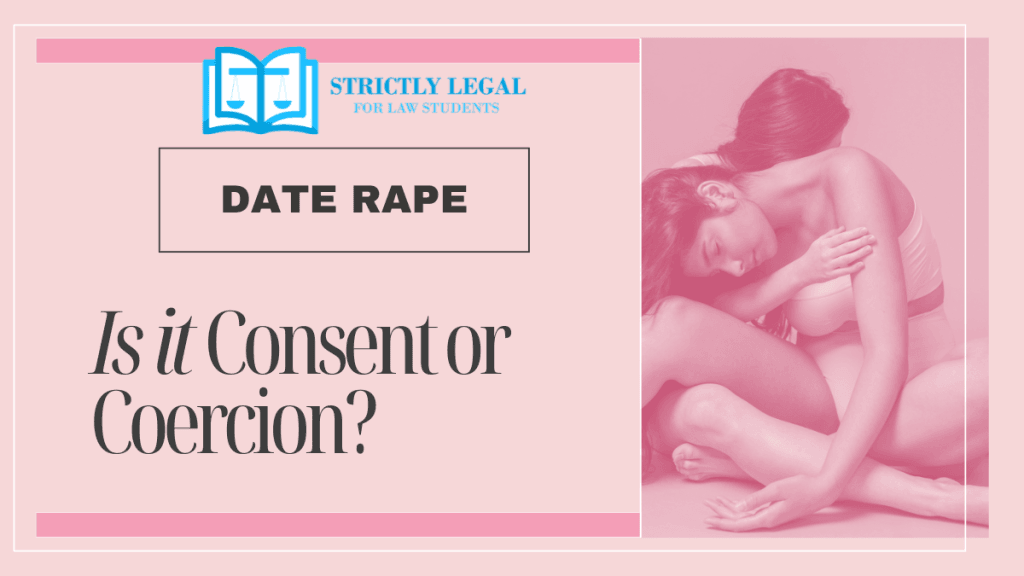In India, the issue of rape has been long shrouded in silence, stigma and denial. Despite the country’s rapid modernization, and the mushrooming of global awareness with respect to gender equality, sexual violence remains a permeating epidemic. That said, the soul-stirring reality that comes hand in hand is, women live in a society where their autonomy, voice, dignity and modesty is often set aside and the grisly trauma of rape is further hammered into the victim by a deeply ingrained culture of victim-blaming, patriarchal norms, and systemic inadequacies in the society. Such vicious practices leave behind persisting and horrifying bruises not only to the victim and their character, but also makes their family bear the brunt of it.
At the heart of this predicament, is not just the act of sexual violence itself, but the deeply entrenched gender inequality that perpetuates it. Social constraints restrict women’s independence, autonomy, and access to justice, particularly for those from vulnerable communities. In this situation, rape is not a singular crime; rather, it is a manifestation of a larger misogynistic culture that aims to repress and control the female body, mind, and soul. Out of all the provisions or conditions, as we may say, of someone to be accused of having committed Rape as mentioned u/s 375 Indian Penal Code, 1860 (now S. 63 Bharatiya Nyaya Sanhita, 2023), the notion of Date Rape is nowhere elucidated. Precisely, the said concept has not been undertaken in the Indian Criminal Laws as the law makers have not adopted a cohesive and comprehensive approach towards the definition of rape.
Table of Contents
Date Rape: How is it different?
Date rape is a type of sexual assault that takes place during a romantic or social interaction, usually during a planned social event or a date, in which a person (usually a woman) is pressured or forced into sexual activity by someone they know who does not necessarily have to be their boyfriend or partner but might also be an arranged significant other, by way of matrimonial websites. The main factor, that sets date rape apart from other types of sexual assault, is that the victim and the perpetrator are acquainted, frequently having met through mutual friends, dating apps, or prior encounters. At first, the victim might not perceive the meeting as hazardous or menacing, thinking it is a friendly conversation, but that turns into an assault which ends the life of the victim, either figuratively or literally. It often occurs in the context of a date or a romantic outing. These can include scenarios like meeting someone for dinner, going out for parties, or spending time together socially, where the victim feels safe and comfortable, believing there is mutual attraction or consent to engage in an intimate interaction. Now, coming down to the blurred lines of differentiation between Rape and Date Rape also includes the dilemma of consensual and non-consensual actions as there is always the involvement of emotional manipulation where the woman is made to believe that “it’s okay!”. Is having sexual intercourse with a woman by promising to marry her with actually no intention of the same, be considered as an example of Date Rapes? That again, is debatable.
There also is a question of medical jurisprudence here. What about the drugs used in the context of Date rape? The widely feared drug called “roofie- the street name” or Rohypnol, the medical name for the drug, is a widely used drug by perpetrators looking to commit date rape. The availability and accessibility of that drug, again, is a topic up for debate and dissent. When this particular notion comes into play, the question about consent goes out of the window.
In India, the very term “Rape” has been criminalized u/s 375 IPC which is now S. 63 BNS that gives diverse conditions under which it can be constituted that the survivor has been a victim of rape; however, sadly so, the notion of “Date Rape” fulfills none of the conditions so mentioned under the aforesaid sections. The very idea of the said issue is itself new to the nation and hence, hasn’t been described in any of the legislations.
Does “No” means “Yes” or “Maybe” at times?
The quintessential aspect to judge whether the said offence has been committed or not comes down to the very factor of “Consent”. For consent to be valid, it must be free, voluntary, and well-informed. In the case of date rape, these conditions are not met because the victim is either manipulated, coerced, or incapacitated. Consent cannot be given under pressure, while intoxicated, or when someone is unable to communicate clearly due to fear or confusion.
Challenges and Outcomes
Date rape often presents unique challenges for the criminal justice system. There might not be obvious signs of physical aggression or resistance because the victim and the offender are usually acquainted. This can lead to difficulties in proving that rape occurred, particularly when the perpetrator denies the assault or claims that the encounter was consensual. The survivor bears the burden of proof, and when they describe their experience, they could encounter contempt, intrusive interrogation, or even shame. This may deter victims from filing a police report or taking legal action. Societal attitudes that normalize or trivialize rape, including victim-blaming, often undermine the credibility of survivors. The question, “What were you wearing?” or “Why did you go with him?” is commonly asked, perpetuating harmful narratives that diminish the seriousness of the assault. In many jurisdictions, laws about consent are not as clear as they should be. There may be a need for clearer definitions of consent, especially in cases of intoxication or incapacitation, to ensure that perpetrators of date rape are held accountable.
Innocence under Attack: Victim Blaming
As the name suggests, Victim Blaming in Date Rape refers to the harmful tendency to hold the survivor of such a sexual assault responsible for the violence they experienced. This can take many different forms in the context of date rape, where the attention is on the survivor’s behavior, attire, and even their relationship with the offender rather than the reality that the perpetrator is the one who performed the crime. Victim blaming not only minimizes the responsibility of the perpetrator but also stigmatizes and silences the survivor, making it harder for them to come forward or seek justice.
In such a situation, it is often heard that the accused had simply “assumed” that the survivor had consented to the act as they were flirting, drinking, or spending time together. However, these actions do not equate to consent, and this assumption trivializes the assault while questioning the survivor’s integrity.
Can Men be Victims too?
According to Indian cultural taboos, men are viewed as superior than women in all spheres of life, including financial, physical, and economic. The history itself proves it when the kings were free to wed as many queens as they wanted, but widows were not given the opportunity to live when their husbands passed away, forget about remarriage, they were forced to form “Sati”. The root reason for such an evil practice was mainly with the belief of the possibility of being raped by the monarchs, their warriors, or any other male was one of the causes of this. The idea and the fear of being raped has always been imagined to happen with a woman for she being physically weak with respect to that of a man. Nonetheless, now the tables have turned, where it is often in the news that men are also victims of rape. Men can be raped by a woman or women or by anybody with whom he didn’t consent to. Having said that, the very thought that comes up to the young and teen minds is that men can’t be raped, rather it would be full of pleasure, sadly so, the consent of men is equally necessary and just like Date Rape, Men being survivor of Rape are also not a topic that is discussed in the country as there is no law that defines the same. Such a topic has always been kept in cloak and dagger as nobody in their wildest dreams can imagine the same happening to a man.
Conclusion
The struggle for justice in India is not only about seeking punishment for the perpetrators but challenging the deeply rooted gender hierarchies that allow such violence to thrive. It aims to establish a society in which women are viewed as human beings with rights, autonomy, and dignity rather than as something to be subjugated. Feminism, in its true essence, must continue to demand not only legal reforms but also a radical transformation in the way we view and treat women in all spaces — public and private. Feminism in India is not just about advocating for women’s rights; it is about dismantling these oppressive structures that allow rape to thrive. In India, the battle against rape is a struggle for equality, justice, and the basic right to live fearlessly. It is a call to action for all to confront to break the chains of silence, and build a future where women can live in safety, with dignity, and the full recognition of their humanity.

Law student.
Turning legal insights into engaging narratives.





